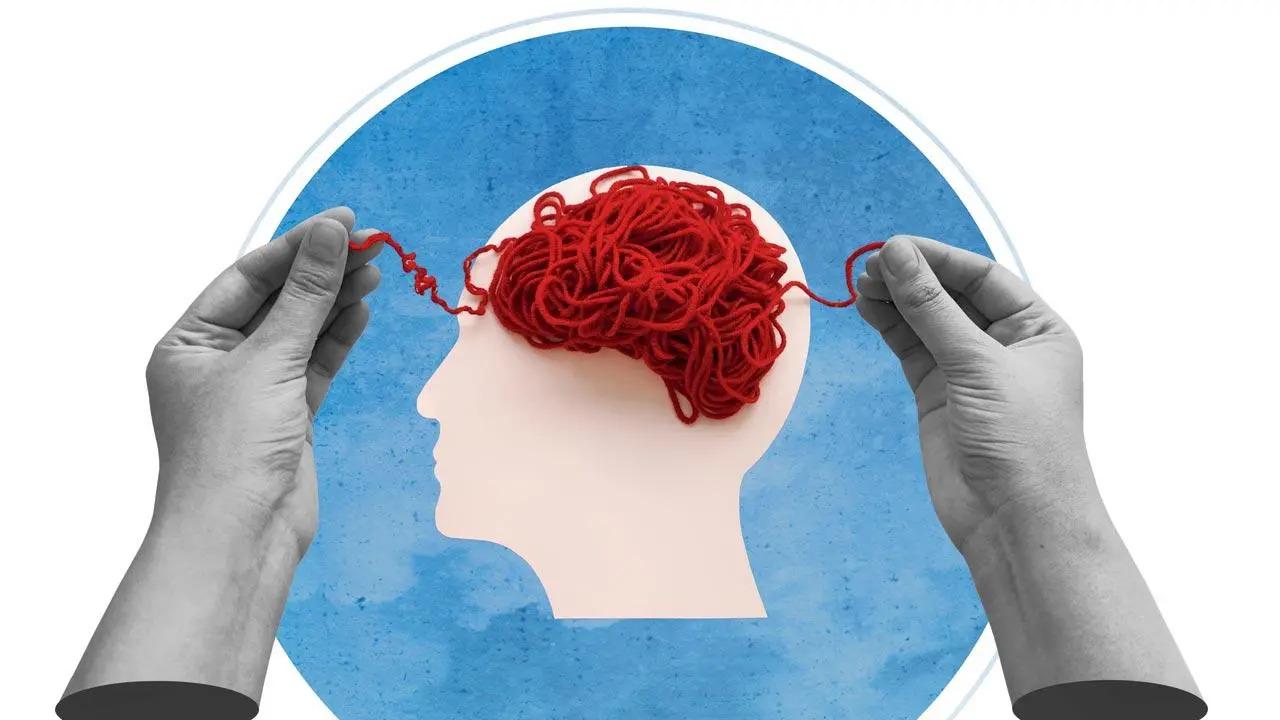Lifestyle
Study Reveals Compulsive Nature Drives Self-Sabotaging Behavior

A recent study published in the journal Nature Communications Psychology has identified that a person’s compulsive nature may significantly contribute to self-sabotaging behaviors. This research suggests that individuals often make harmful choices even when they are aware of the negative consequences.
The lead researcher, Philip Jean-Richard Dit Bressel, a behavioural neuroscientist and experimental psychologist at The University of New South Wales, emphasized that these compulsive decisions are not merely random mistakes or a result of having a bad day. Instead, they appear to be stable traits that resemble personality types. While these traits may not be fixed, they often require intervention to alter.
The research team conducted experiments with Australian participants in an online game designed to test decision-making. They observed three distinct behavioral patterns: Sensitives, Unawares, and Compulsives.
Participants categorized as Sensitives were able to identify which choices led to negative outcomes and adjusted their behavior accordingly. Unawares participants did not initially recognize the harmful choices but could modify their strategies once informed of their errors. In contrast, the Compulsives group continued to make detrimental decisions, even after being informed about the consequences of their actions. Jean-Richard Dit Bressel noted, “We basically told them, ‘this action leads to that negative consequence, and this other one is safe.’ Most people who had been making poor choices changed their behavior immediately. But some didn’t.”
In the online game, participants were required to click on one of two planets: one led to a reward while the other resulted in a loss of points. After several rounds, the Sensitives quickly learned which planet to avoid. Meanwhile, both the Unawares and Compulsives continued to face penalties for their choices, indicating a persistent disconnect between their actions and the resulting consequences.
To further validate their findings, the researchers expanded the study to a more diverse group of 267 participants from 24 different countries with varied backgrounds and ages. Remarkably, when this group played the same game six months later, many exhibited the same behavioral patterns, reinforcing the notion that these traits are stable over time.
“This is not just a series of random mistakes or bad days. They’re stable traits,” Jean-Richard Dit Bressel remarked. The study highlighted that such patterns, where individuals ignore both experience and information, are similar to behaviors observed in gambling and other compulsive activities.
The implications of this research extend to public health messaging. Traditional campaigns often rely on providing information about risks related to smoking, drinking, diet, or financial decisions, assuming that individuals will respond accordingly. Jean-Richard Dit Bressel stated, “We’ve shown that standard information campaigns work for most people — but not for everyone. For compulsive individuals, we may need a different kind of intervention.”
This study sheds light on the complexities of decision-making and the psychological factors that can lead individuals to engage in self-destructive behavior. By understanding these traits, there may be potential for developing more effective strategies to address and mitigate compulsive actions in various contexts.
-

 World5 months ago
World5 months agoSBI Announces QIP Floor Price at ₹811.05 Per Share
-

 Lifestyle5 months ago
Lifestyle5 months agoCept Unveils ₹3.1 Crore Urban Mobility Plan for Sustainable Growth
-

 Science4 months ago
Science4 months agoNew Blood Group Discovered in South Indian Woman at Rotary Centre
-

 World5 months ago
World5 months agoTorrential Rains Cause Flash Flooding in New York and New Jersey
-

 Top Stories5 months ago
Top Stories5 months agoKonkani Cultural Organisation to Host Pearl Jubilee in Abu Dhabi
-

 Sports4 months ago
Sports4 months agoBroad Advocates for Bowling Change Ahead of Final Test Against India
-

 Science5 months ago
Science5 months agoNothing Headphone 1 Review: A Bold Contender in Audio Design
-

 Top Stories5 months ago
Top Stories5 months agoAir India Crash Investigation Highlights Boeing Fuel Switch Concerns
-

 Business5 months ago
Business5 months agoIndian Stock Market Rebounds: Sensex and Nifty Rise After Four-Day Decline
-

 Sports4 months ago
Sports4 months agoCristian Totti Retires at 19: Pressure of Fame Takes Toll
-

 Politics5 months ago
Politics5 months agoAbandoned Doberman Finds New Home After Journey to Prague
-

 Top Stories5 months ago
Top Stories5 months agoPatna Bank Manager Abhishek Varun Found Dead in Well









